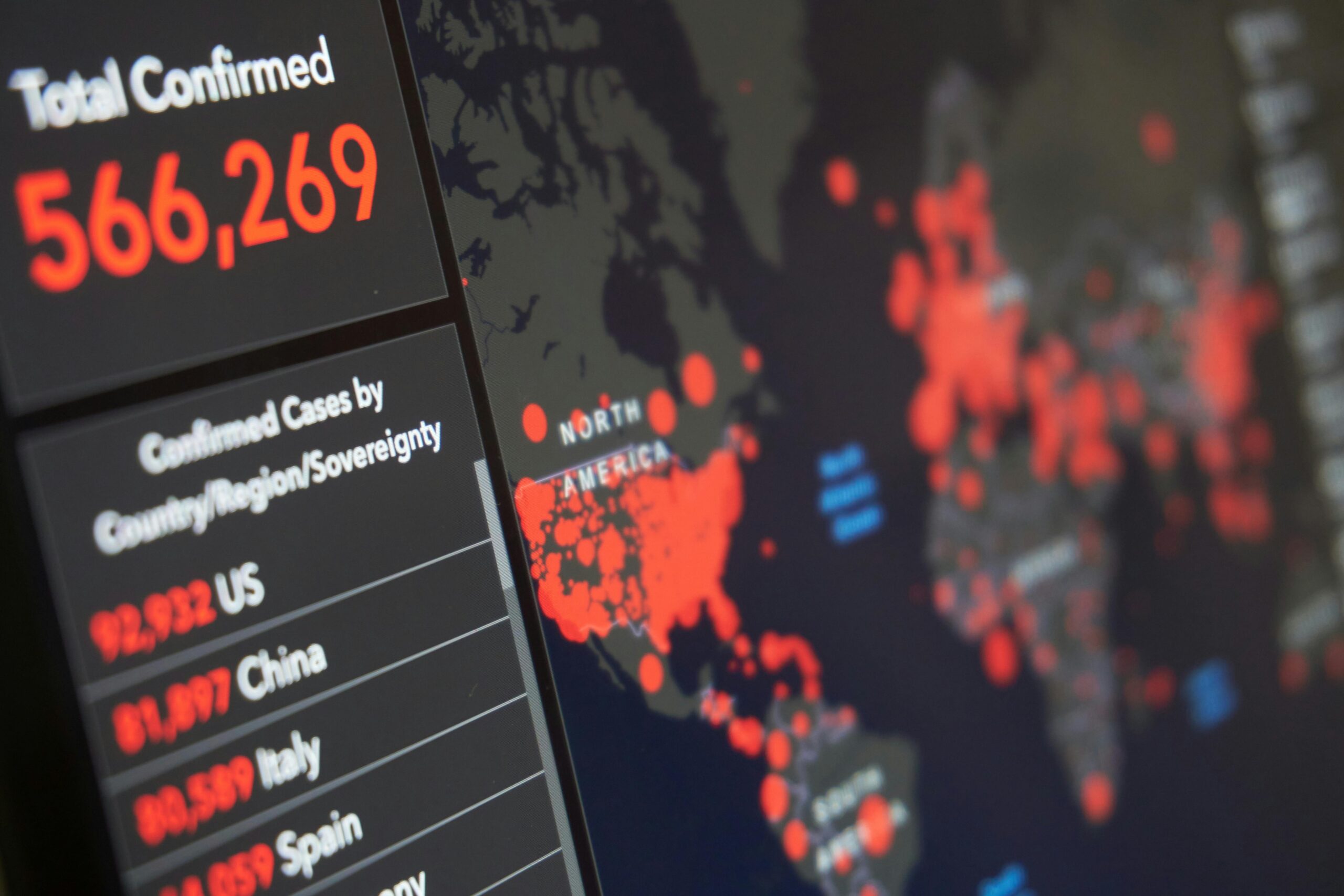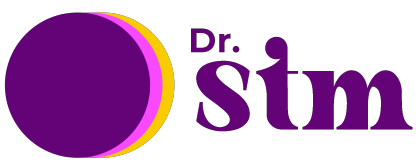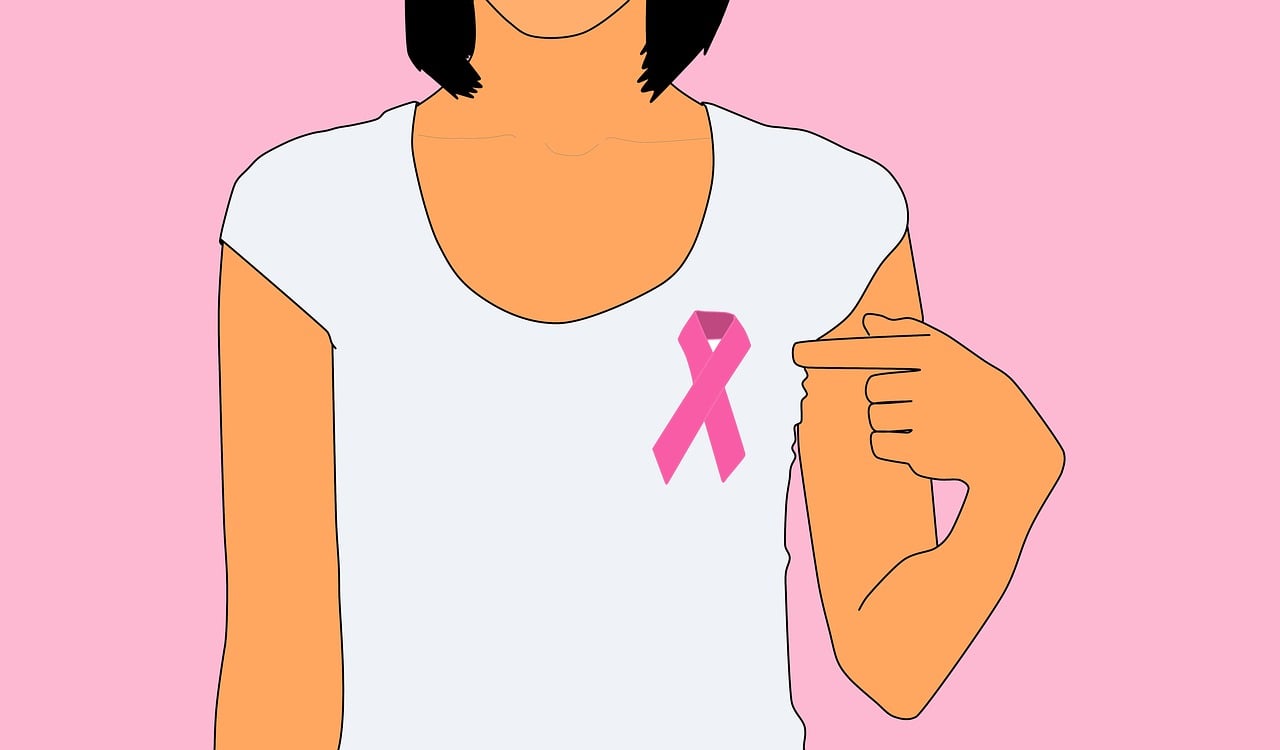Have you ever found yourself wondering about the difference between Health Data Science and Health Informatics?
You’re not alone. As someone who’s navigated both realms – analysing data under Novaros Care and studying Health Informatics during my master’s – I’ve often been asked: “What’s the difference?” or “Which should I pursue?”
And in this blog, I give you a simplified detail.
If you’d rather watch the details of this blog as a video, then you should watch the YouTube video below.
In this blog post, I’ll be walking you through the following:
Table of Contents
Definition
At its core, Health Data Science is about extracting meaningful insights from vast amounts of health-related data. It combines statistics, computer science, and domain knowledge to analyse and interpret complex datasets. Think of it as the detective work behind healthcare decisions.
In contrast, Health Informatics transcends beyond the data-drilling work to focus on the efficient organisation, analysis, and management of health information. It’s about designing and implementing systems that ensure the right information is available to the right people at the right time. It’s the backbone that supports data-driven healthcare.
Where They Intersect
To start with, both fields are integral to modern healthcare and often overlap in the following ways:
- Data Utilisation: Both rely heavily on data to improve patient outcomes.
- Technology Integration: They use technological tools to enhance healthcare delivery.
- Goal Alignment: Ultimately, both aim to enhance the quality and efficiency of healthcare services.
Key Differences
Now, talking about the major differentiating features of the fields, here are things to know:
- Primary Focus: While health data science focuses on data analysis and interpretation, health informatics focuses on system design and information management.
- Skill Set: For health data science, a strong knowledge of data analysis tools and skills is required, including statistics, Excel, STATA, SPSS, SAS, programming (Python, R), machine learning, etc. Health informatics, on the other hand, needs knowledge and understanding of health systems, information technology, and policy.
- Typical Roles: This is where it gets interesting, especially with regard to the job market. For health data science, the typical roles include things like Data Analyst, Data Scientist, Biostatistician, Machine Learning Engineer, etc. For health informatics, roles may include Clinical Informatics Specialist, Health IT Project Manager, EHR Implementation Specialist, Business Change Analyst, and more.
- End Goal: Lastly, the end goal and focus of health data science is on deriving insights to inform decisions, while that of health informatics is on ensuring seamless information flow within healthcare systems.
Choosing Your Path
Still deciding which to choose? Here’s my usual compass guide:
- If you’re passionate about digging into data, playing with numbers, uncovering patterns, and building predictive models, Health Data Science might be your calling.
- If you’re more inclined towards system implementation, improving healthcare workflows, and ensuring data accessibility, Health Informatics could be the path for you. 🗂️
Remember, both fields are important, and there’s often crossover. Some professionals, like me, even find themselves blending both skill sets!
I’ve delved into this topic in more detail in my YouTube video. Check it out here: Health Data Science vs. Health Informatics: Which One is Right for You?
If you’d like to see one of my demos on what happens in data analysis, you can either watch it as a video on my YouTube channel or read it as a blog post.
For those interested in exploring more, here’s a link to my published article on digital health interventions for perinatal depression: Oxford Open Digital Health Journal
If you have further questions or experiences to share about these fields, please drop a comment below or reach out; I’d love to hear your thoughts!
Cheers,
Dr. STM








